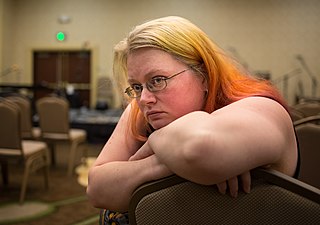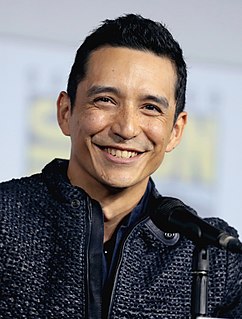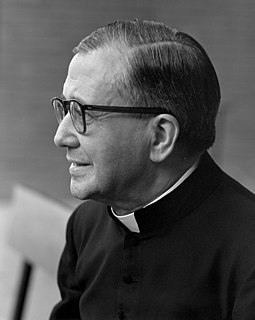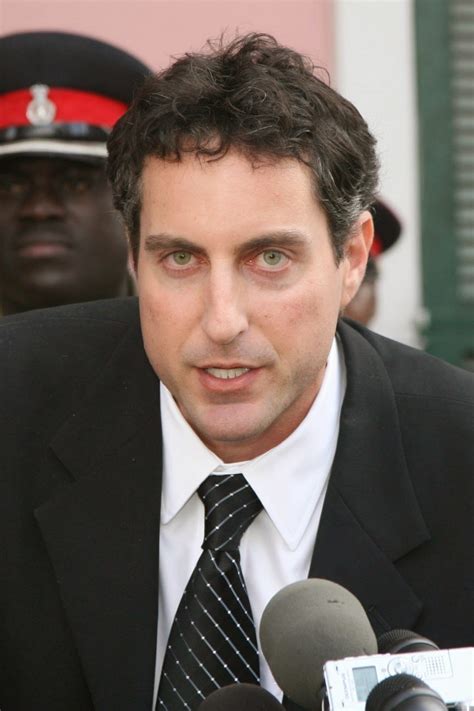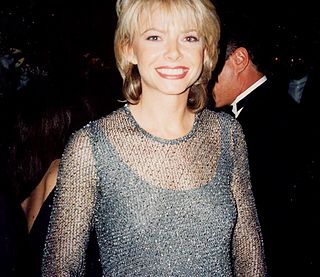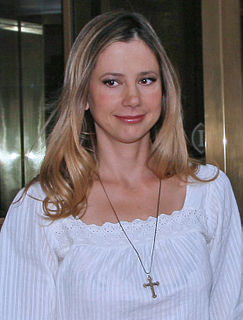A Quote by Mira Grant
I just find it interesting that kids apparently used to cry when Bambi's mother died. George and I both held our breaths, and then cheered when she didn't reanimate and try to eat her son.
Related Quotes
I once picked up a woman from a garbage dump and she was burning with fever; she was in her last days and her only lament was: My son did this to me. I begged her: You must forgive your son. In a moment of madness, when he was not himself, he did a thing he regrets. Be a mother to him, forgive him. It took me a long time to make her say: I forgive my son. Just before she died in my arms, she was able to say that with a real forgiveness. She was not concerned that she was dying. The breaking of the heart was that her son did not want her. This is something you and I can understand.
My mother had a life-altering stroke when I was nineteen and she died when I was twenty-three. I'm now older than my mother when she died and my relationship with her has really changed over these many years. I continue to stay interested in her and I know her differently now. Losing my mother, losing dear friends, is now part of the fabric of my being alive. And the fabric keeps changing, which is interesting.
We worked all the time, just worked and then we would be hungry and my mother was clearing up a new ground trying to help feed us for $1.25 a day. She was using an axe, just like a man, and something flew up and hit her in her eye. It eventually caused her to lose both of her eyes and I began to get sicker and sicker of the system there. I used to see my mother wear clothes that would have so many patches on them, they had been done over and over and over again. She would do that but she would try to keep us decent.
When a homemaking aunt scolds a niece for following her evangelistic passion instead of domestic pursuits, her reply is interesting. First, she clarifies that God's individual call on her doesn't condemn those in more conventional roles. Then, she says she can no more ignore the cry of the lost than her aunt can the cry of her child.
So your strength is failing you? Why don't you tell your mother about it? ... Mother! Call her with a loud voice. She is listening to you; she sees you in danger, perhaps, and she-your holy mother Mary-offers you, along with the grace of her son, the refuge of her arms, the tenderness of her embrace ... and you will find yourself with added strength for the new battle.
The front door flew open, and Mary shot out of the house, jumping off the porch, not even bothering with the steps to the ground. She ran over the frost-laden grass in her bare feet and threw herself at him, grabbing on to his neck with both arms. She held him so tightly his spine cracked. She was sobbing. Bawling. Crying so hard her whole body was shaking. He didn't ask any questions, just wrapped himself around her. I'm not okay," she said hoarsely between breaths. "Rhage...I'm not okay.
Daniel[her son] was without question the most important person in Anna Nicole Smith's life. From the time I met her, everything that she was doing was for Daniel. From the day Daniel died, Anna honestly was never the same. I would say that physically she died last week but in a lot of ways emotionally she died when Daniel died.
I don't believe in regretting - one should try to move on. My mum was good at that. She was deeply in love with my father, and he died when I was nine. She remarried, and her second husband died, too. I saw the grieving process she went through. My mother had this way of moving on. It was a fine trait.
I got into one of the schools I applied to because of the essay I wrote about Holly Hunter's character in 'Broadcast News.' She's the only female producer on this news network, and she's really good at her job, but she allots time in her day to just sit at her desk and cry. And then she's just back to work. I find that really effective.
Disney cartoons are all rated G. It's really funny. There are kids all over the world who still have complexes over Bambi's father getting shot by the hunter and Bambi's mother getting crisped. But that's the way it's always been. This is the sort of material that appeals to kids. Kids understand it instinctively. They grip it.
For a mother the project of raising a boy is the most fulfilling project she can hope for. She can watch him, as a child, play the games she was not allowed to play; she can invest in him her ideas, aspirations, ambitions, and values - or whatever she has left of them; she can watch her son, who came from her flesh and whose life was sustained by her work and devotion, embody her in the world. So while the project of raising a boy is fraught with ambivalence and leads inevitably to bitterness, it is the only project that allows a woman to be - to be through her son, to live through her son.
